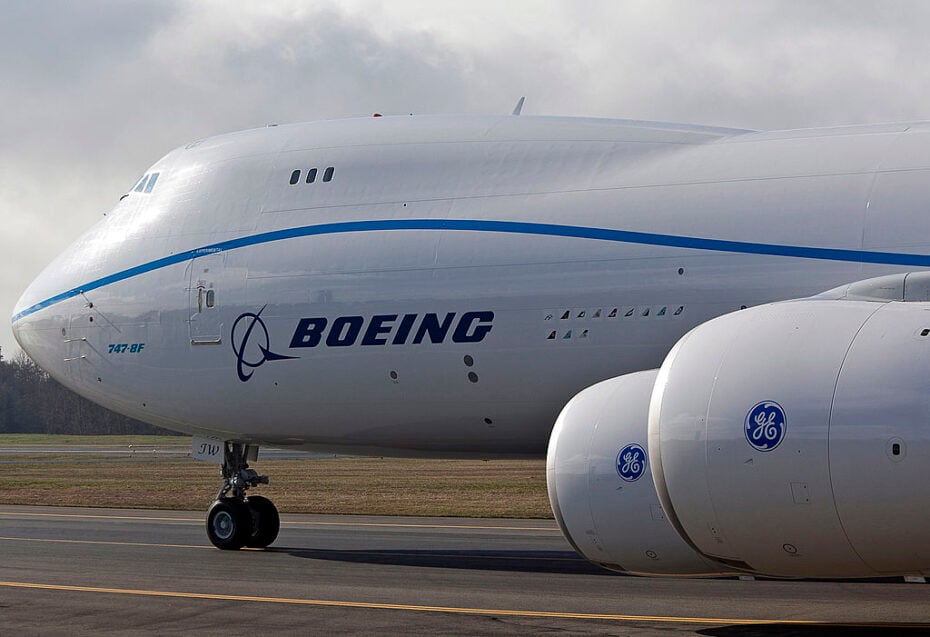
Saudi Arabia’s Public Investment Fund (PIF) is advancing plans to launch a new cargo airline as part of its strategic expansion in the logistics sector. This initiative is aimed at bolstering the country’s position as a major global logistics hub, enhancing its transport infrastructure and boosting economic diversification efforts.
The proposed cargo airline represents a key component of Saudi Arabia’s broader vision to increase its logistics capabilities and integrate more deeply into global trade networks. The new airline is expected to serve as a critical link in the country’s logistics and transport infrastructure, potentially transforming Saudi Arabia into a central logistics node connecting East and West.
As Saudi Arabia focuses on expanding its economic diversification under the Vision 2030 framework, this move is part of a larger strategy to attract international investments and enhance the efficiency of its supply chain operations. The country has already made significant investments in various infrastructure projects, including port expansions and upgrades to its transportation networks. The introduction of a new cargo airline aligns with these efforts, aiming to provide more efficient and cost-effective air cargo services.
The PIF’s venture into the cargo airline sector is expected to leverage Saudi Arabia’s strategic geographic location, which offers an advantageous position for connecting global trade routes. The new airline will likely benefit from the country’s ongoing investments in logistics infrastructure, including the development of new ports and logistics hubs designed to handle increasing trade volumes.
Key industry players and logistics experts are closely monitoring the development, as it could significantly impact regional and international supply chains. The establishment of a new cargo airline is anticipated to enhance Saudi Arabia’s competitive edge in the global logistics market, offering more options for shippers and potentially driving down transportation costs.
The introduction of this cargo airline also reflects broader trends in the global logistics industry, where companies are increasingly seeking to optimize their supply chains and reduce transit times. As global trade dynamics evolve, having robust and efficient logistics capabilities becomes increasingly crucial for countries aiming to position themselves as key trade hubs.
The PIF’s plans underscore the Saudi government’s commitment to leveraging its investment fund to drive growth in critical sectors. By enhancing its logistics capabilities, Saudi Arabia aims to attract more international businesses and establish itself as a vital player in the global supply chain network.
The logistics sector’s expansion is expected to create new job opportunities and stimulate further economic activity within the country. As the new cargo airline begins to take shape, stakeholders are eager to see how it will integrate with existing infrastructure and what impact it will have on regional logistics dynamics.
This development aligns with Saudi Arabia’s broader economic goals and demonstrates the country’s ongoing efforts to diversify its economy beyond traditional oil revenues. The successful implementation of this new cargo airline could serve as a model for similar initiatives in the future, contributing to the country’s long-term economic resilience and growth.


